Optimal Timing for EPDM Roof Installations
Understanding the optimal timing for Epdm roof installations ensures proper adhesion, durability, and performance. Weather conditions significantly influence installation quality and longevity of the roofing system.
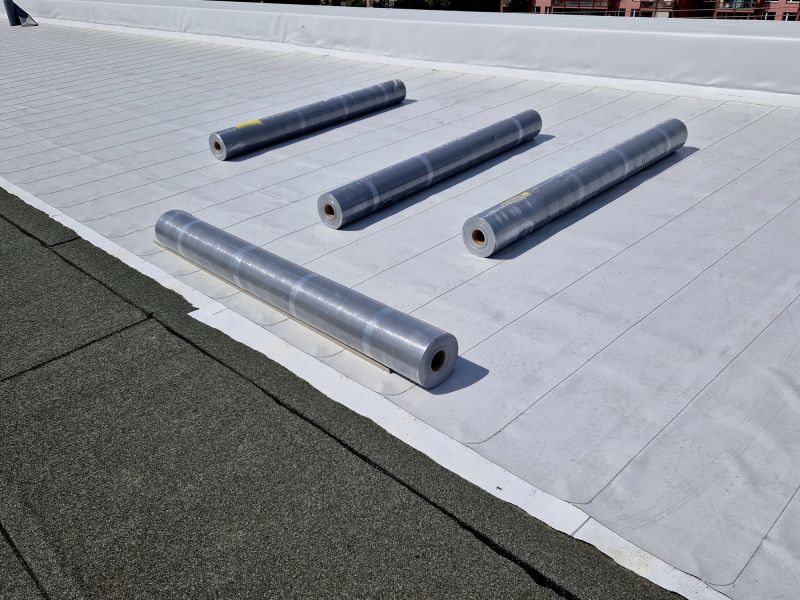
Spring offers moderate temperatures and low humidity, ideal for Epdm roofing adhesion and curing processes.
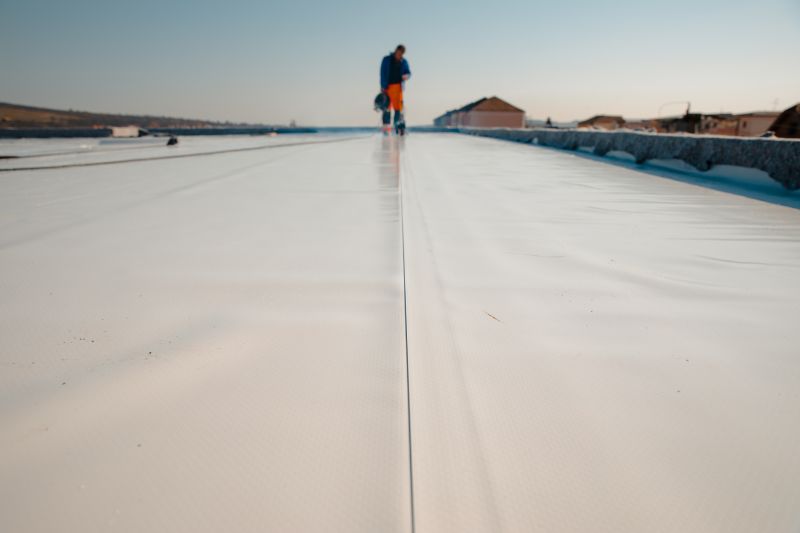
Warm weather can facilitate installation, but high temperatures and direct sunlight may pose challenges.
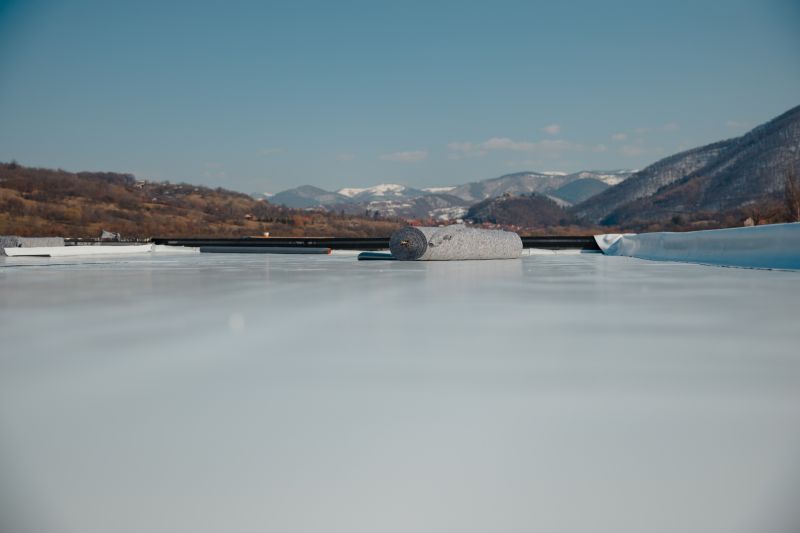
Fall provides cooler, stable conditions, reducing risks associated with extreme heat or cold during installation.
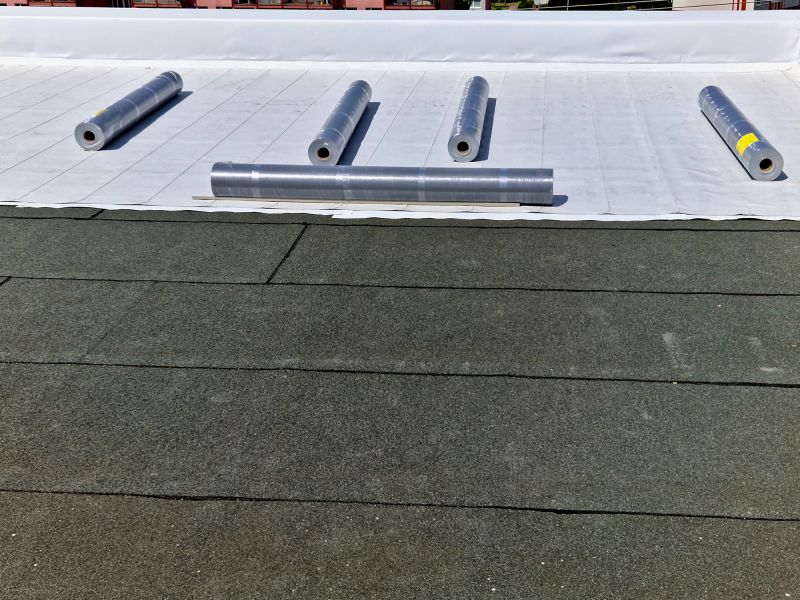
Ways to make Epdm Roof Installations work in tight or awkward layouts.
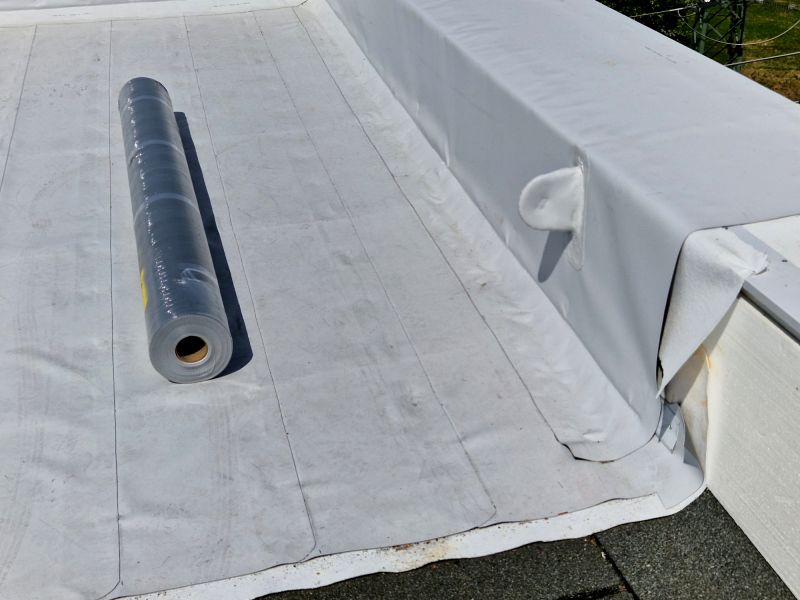
Popular materials for Epdm Roof Installations and why they hold up over time.
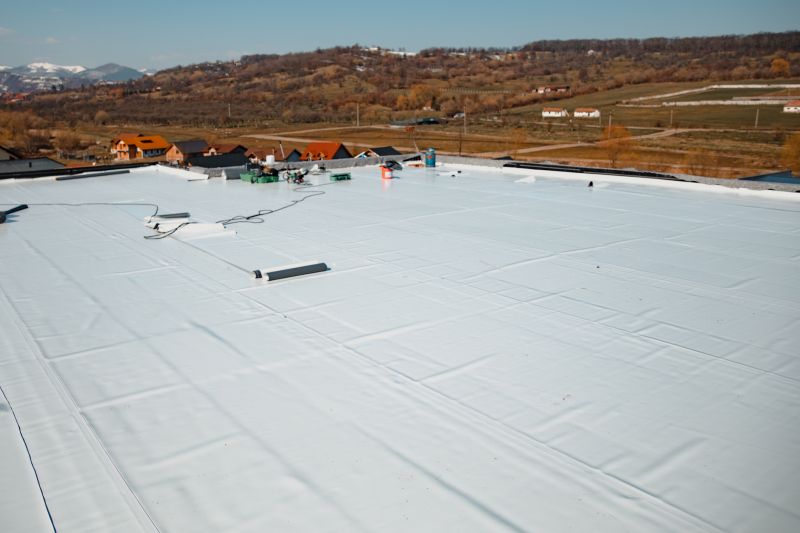
Simple add-ons that improve Epdm Roof Installations without blowing the budget.
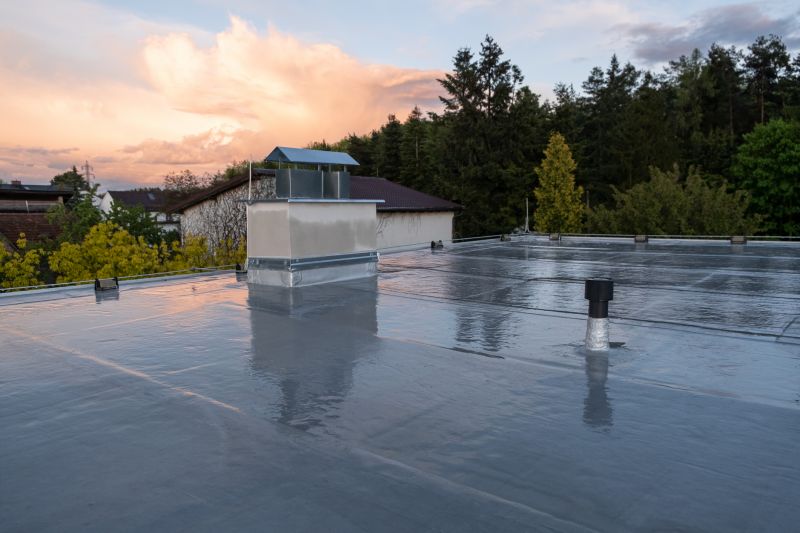
High-end options that actually feel worth it for Epdm Roof Installations.
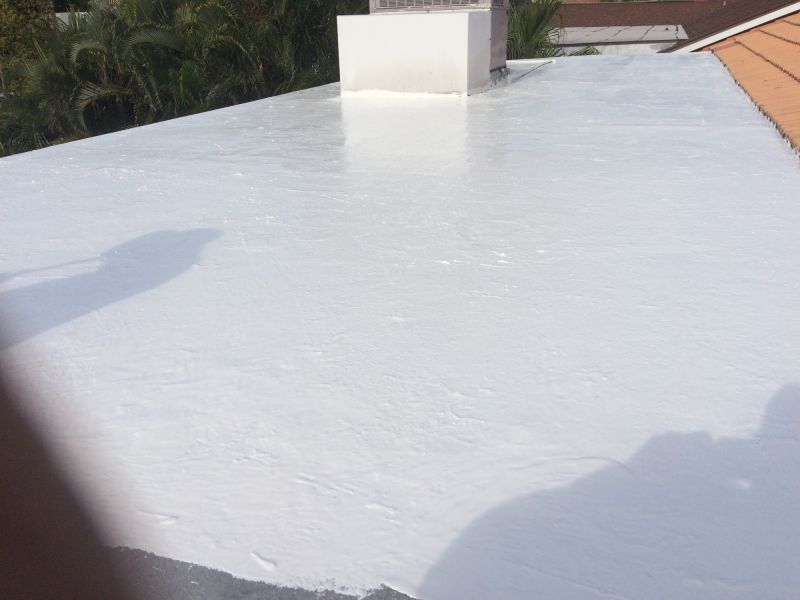
Finishes and colors that play nicely with Epdm Roof Installations.
Epdm roofing is a popular choice for commercial and residential buildings due to its durability, flexibility, and weather resistance. Proper installation during suitable weather conditions enhances the lifespan of the roofing system. Epdm roofs can last over 30 years with appropriate maintenance, making timing crucial for long-term performance.
Avoid installation during freezing temperatures or heavy rain to prevent adhesion issues and material damage.
Ideal temperatures for Epdm installation are between 45°F and 85°F, ensuring optimal material flexibility and adhesion.
Choosing the right season can reduce installation costs and improve quality, especially in regions with extreme weather.
Scheduling during periods of stable weather minimizes delays and ensures proper curing.

Spring's moderate temperatures support effective installation and long-term adhesion.
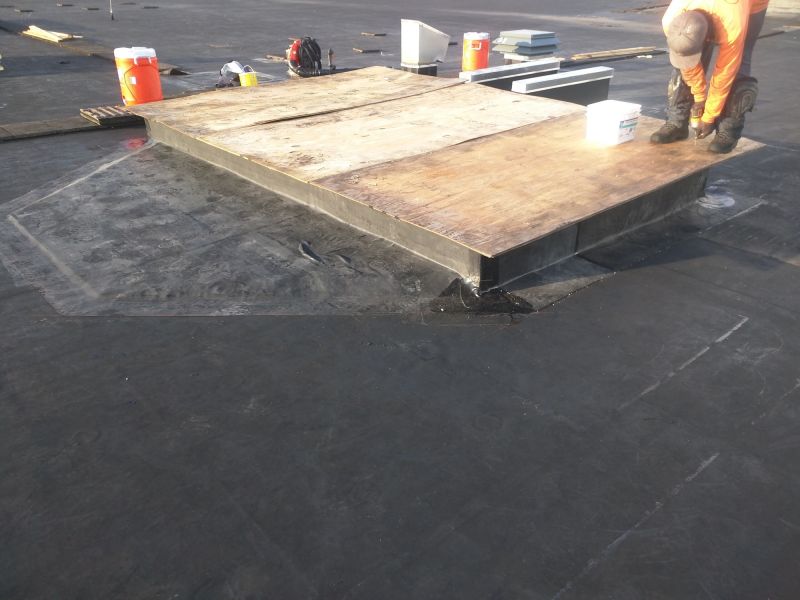
Summer requires precautions against high heat, but can be suitable with proper planning.

Fall's cooler weather provides stable conditions for roofing projects.
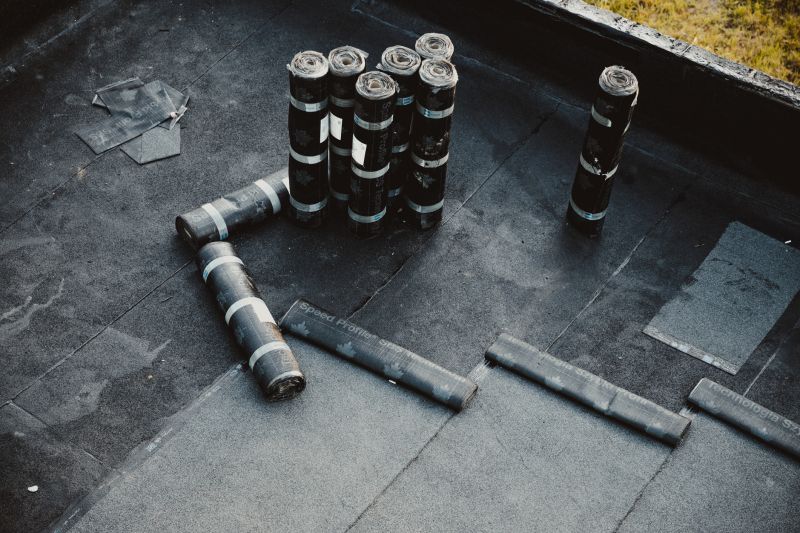
Winter is generally not recommended due to low temperatures and potential for snow or ice.
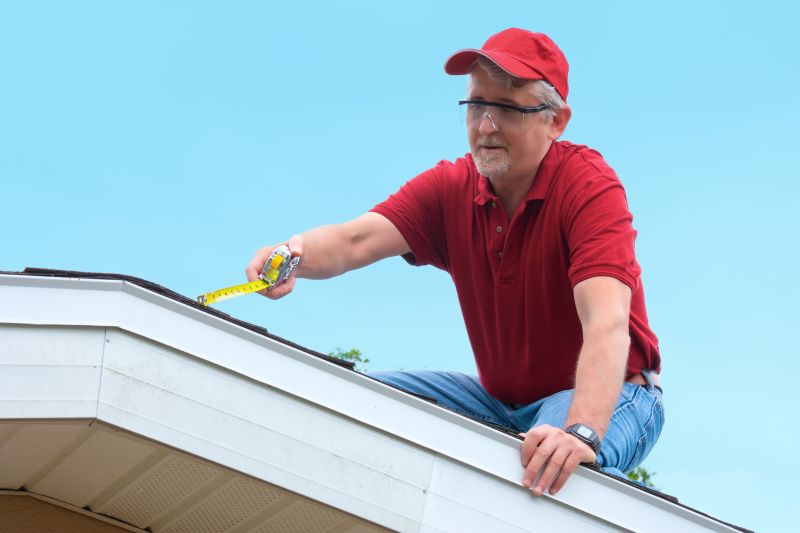
Little measurements that prevent headaches on Epdm Roof Installations day.
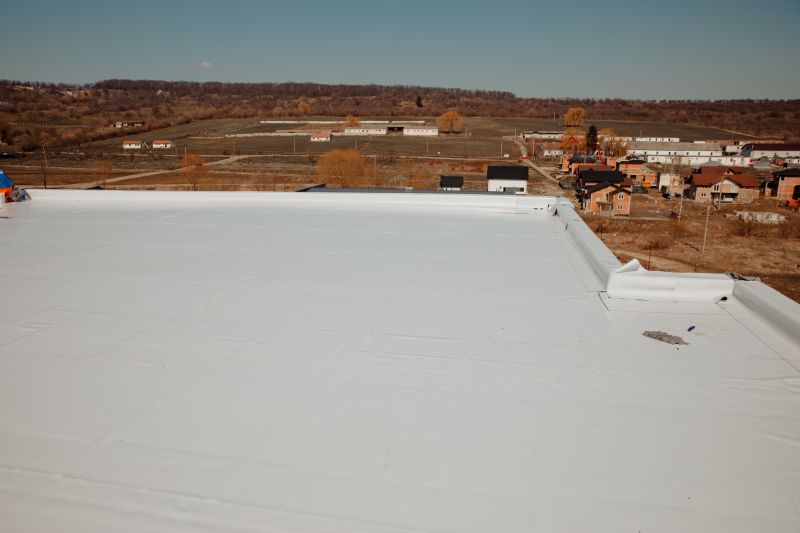
A 60-second routine that keeps Epdm Roof Installations looking new.
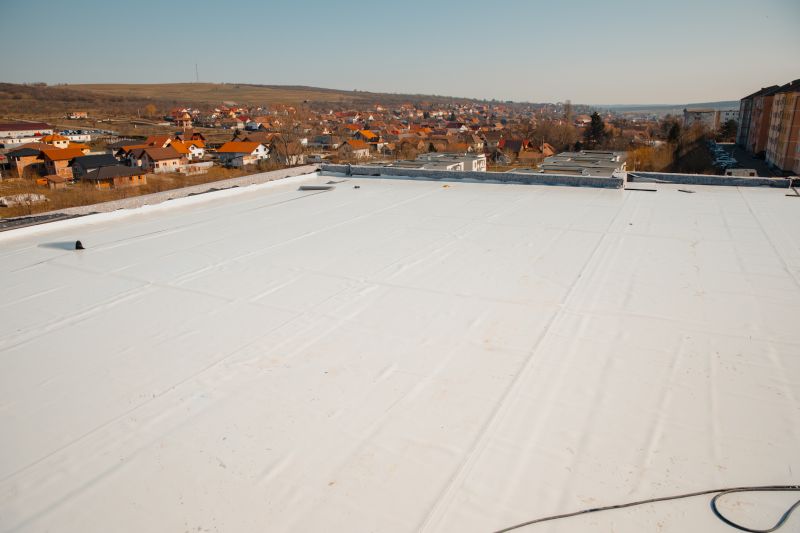
A frequent mistake in Epdm Roof Installations and how to dodge it.
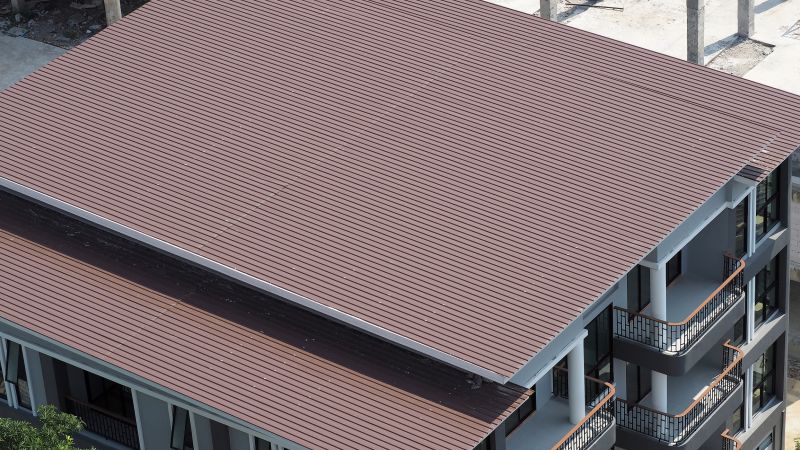
Small tweaks to make Epdm Roof Installations safer and easier to use.
| Season | Recommended Conditions |
|---|---|
| Spring | Temperatures 45°F to 75°F, low humidity |
| Summer | Temperatures 65°F to 85°F, avoid peak heat hours |
| Fall | Temperatures 45°F to 70°F, stable weather |
| Winter | Temperatures above 45°F, avoid snow and ice |
Choosing the right season for Epdm roof installation ensures optimal adhesion and durability. Proper planning around weather conditions can prevent delays and reduce the risk of future issues. Consulting with roofing professionals can help determine the best timing based on local climate patterns.
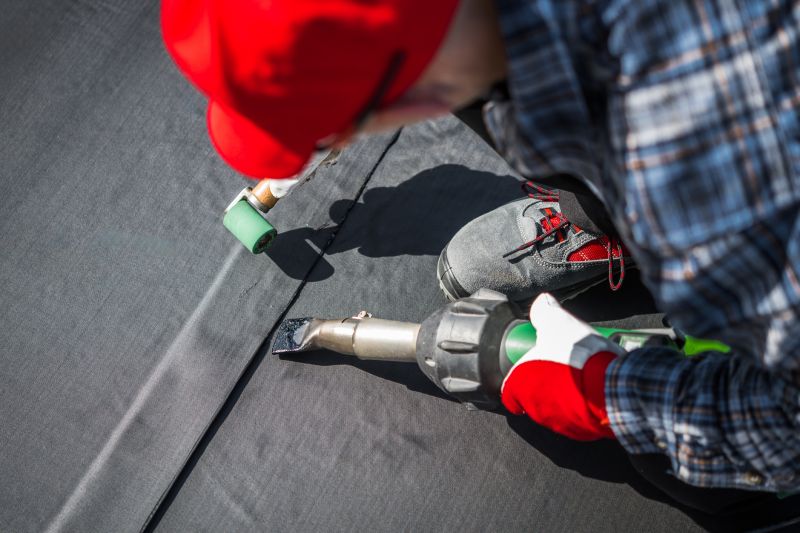
Spring offers ideal conditions for efficient and effective Epdm roof installation.
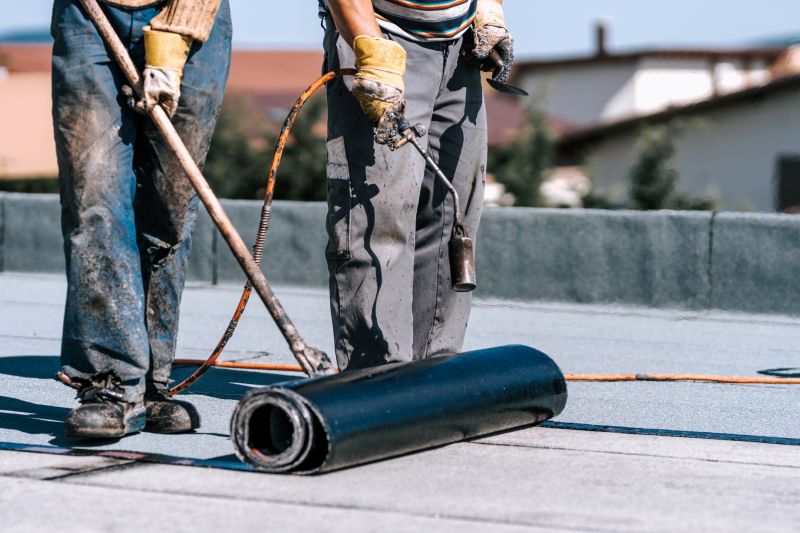
Summer requires careful planning to avoid heat-related challenges.
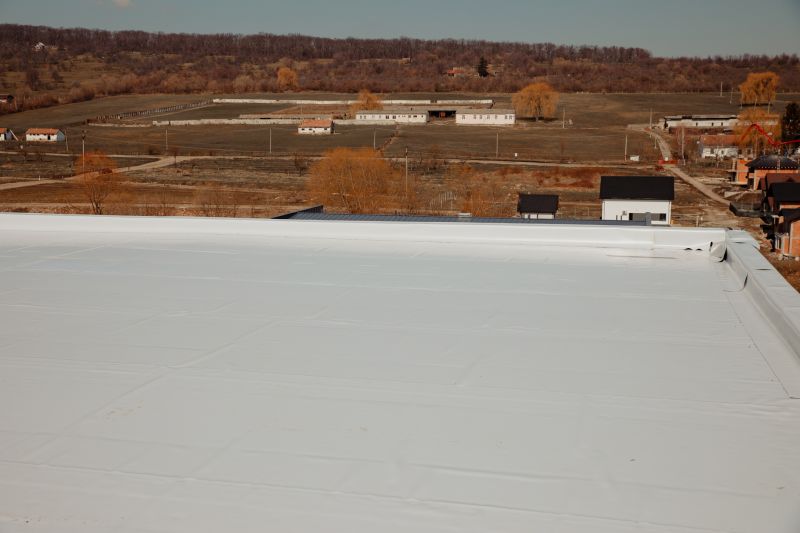
Fall provides a window of stable weather conducive to quality installation.
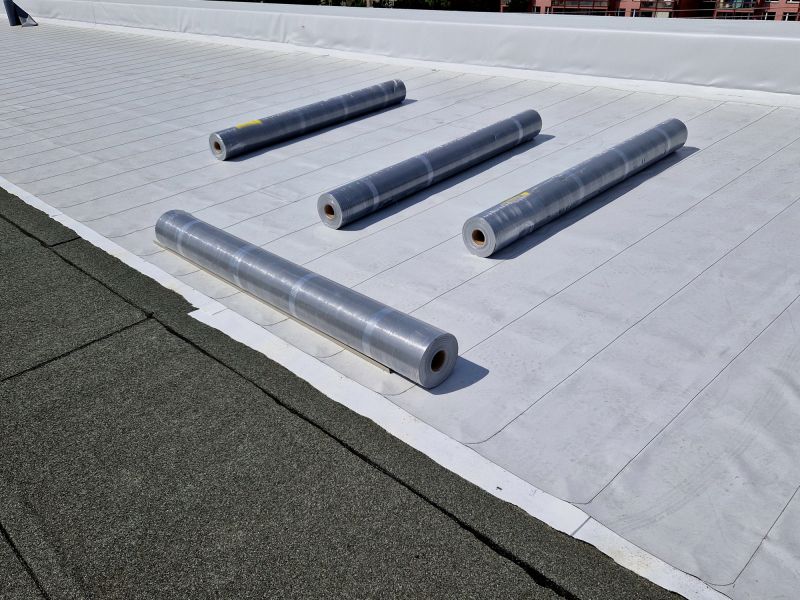
Lower-waste or water-saving choices for Epdm Roof Installations.
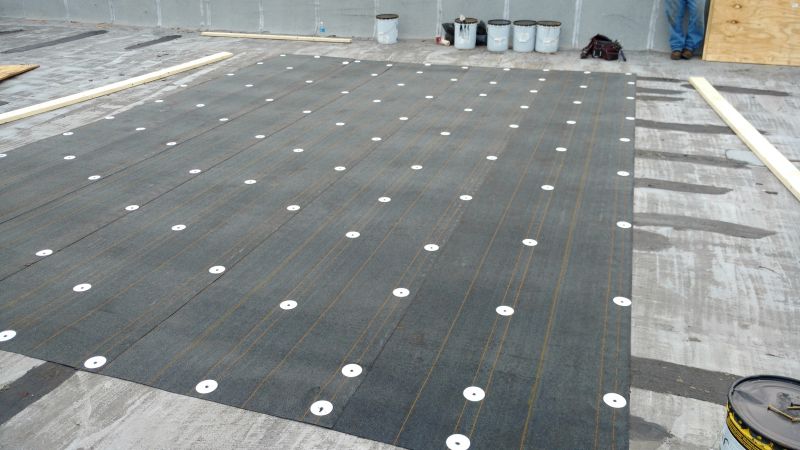
The short, realistic tool list for quality Epdm Roof Installations.
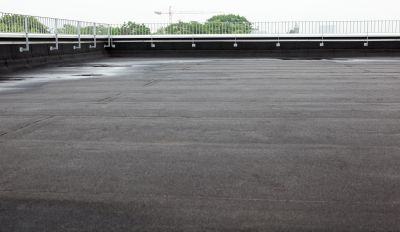
Rough timing from prep to clean-up for Epdm Roof Installations.
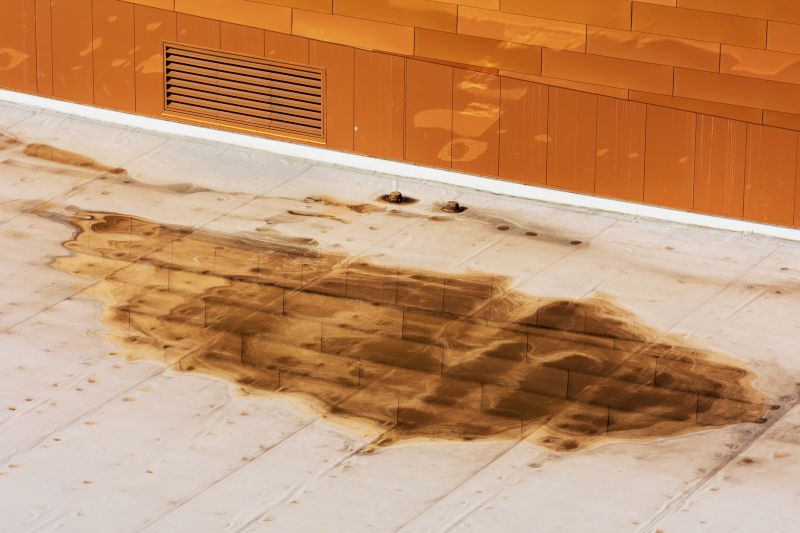
Quick checks and paperwork to keep after Epdm Roof Installations.
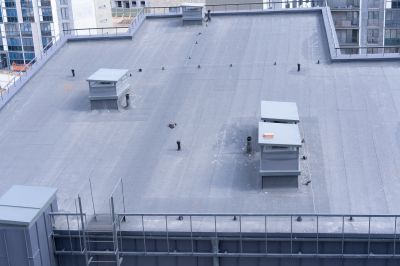
Examples that show the impact a good Epdm Roof Installations can make.
Interested parties are encouraged to contact for more information on scheduling Epdm roof installations during the most suitable seasons. Proper timing can enhance the performance and longevity of the roofing system, ensuring lasting protection and value.
